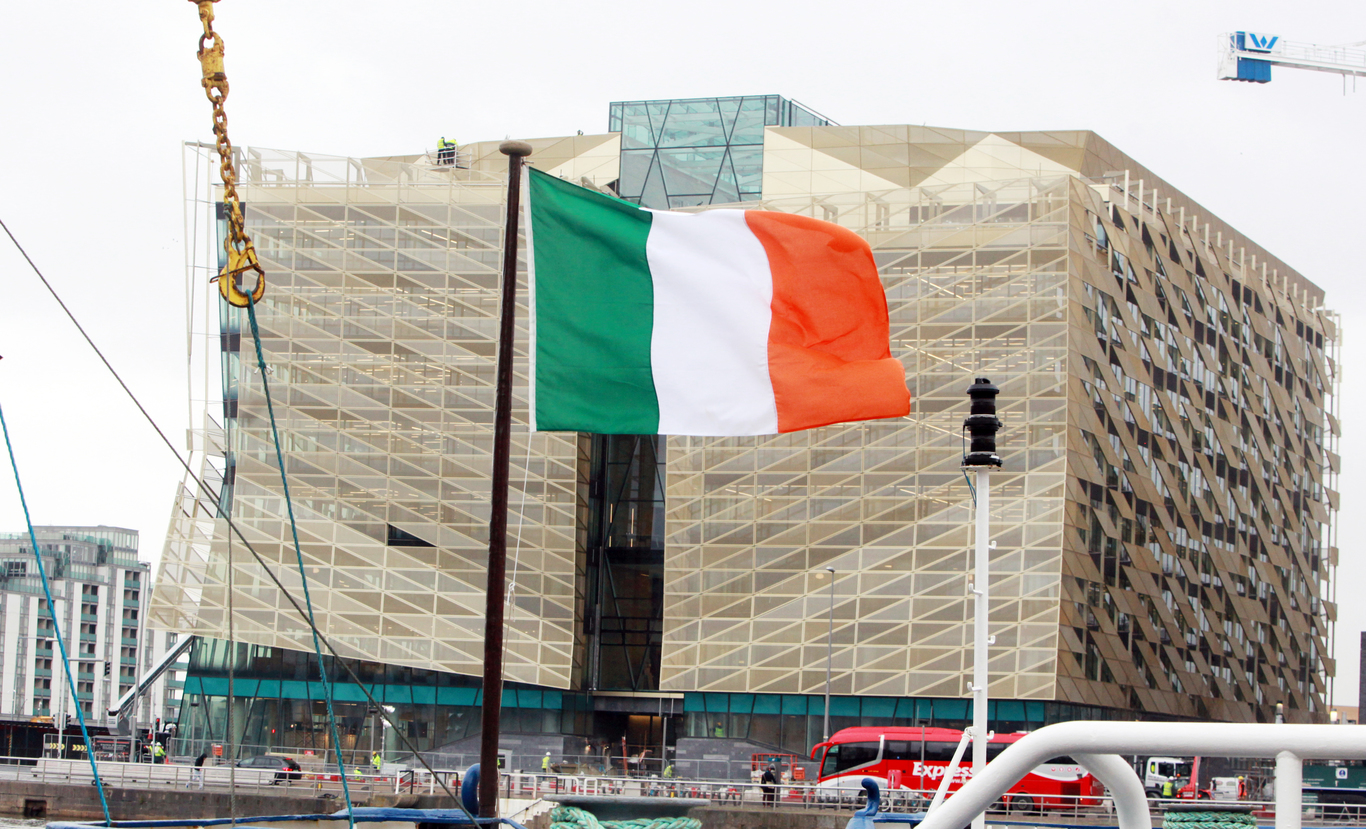There has been a sharp increase in the number of whistleblowers contacting the Central Bank
Reports of wrongdoings in the financial sector nearly doubled last year.
THE NUMBER OF whistleblowers that contacted the Central Bank about financial wrongdoings increased sharply last year.
Figures published in the regulator’s annual report for 2017 show that a total of 93 protected disclosures were received by the bank last year.
This figure is almost double the number of disclosures made to the Central Bank during the previous calendar year when 50 people contacted the regulator.
Members of the public can make disclosures if they think they have come across wrongdoing in corporates.
The Protected Disclosures Act 2014 protects people who raise concerns about possible wrongdoing in the workplace. As part of the act, employees are entitled to redress if they are dismissed or penalised for having reported financial misgivings in the workplace.
The Central Bank has two separate pillars that monitor both prudential regulation and financial conduct in the finance sector.
Supervisory actions the Central Bank can carry out in response to protected disclosures include on-site inspections and the placement of firms on a watch list.
The Central Bank’s annual report noted that it will continue to monitor the “culture and the behaviours of retail banks” this year and produce a report entitled Culture in the Retail Banking System later this year.
Staffing issues
Elsewhere in the annual report, the Central Bank reported a financial profit of €2.6 billion for 2017, with €2.1 billion transferred to the Exchequer.
During the financial year the report covers, the regulator moved into new offices in Dublin’s docklands and said it planned to bolster its ranks by 200 staff.
Figures in the report showed that staffing turnover at the bank continued to be an issue in 2017.
Average staff turnover at the regulator increased slightly to 6.4% during 2017, compared to 6.2% in 2016. Overall, 620 roles were filled during the year but over half of these were filled by internal hires.
Last year, a senior official at the Central Bank noted that a high “churn” rate among its employees and trouble in recruiting outside staff meant it would fall well short of its recruitment targets for the year.
There was a net increase of 139 staff at the Central Bank last year, which had 1,738 people on its books on 31 December 2017. During 2016, there was a net increase of 83 staff.
The regulator noted that there are some areas it has experienced “significant resourcing challenges” and that there are over 100 vacancies are to be filled to address turnover and to support increased activity caused by Brexit.
Staff costs, including pay, increased by nearly a fifth to €171 million last year, however it ceased its policy of issuing retention payments to staff to keep them at the organisation.
The annual report also noted that former Central Bank deputy governor Cyril Roux was paid over €122,000 during gardening leave in 2017.
Roux announced he would leave the organisation to take up a new position in the private sector early last year.





